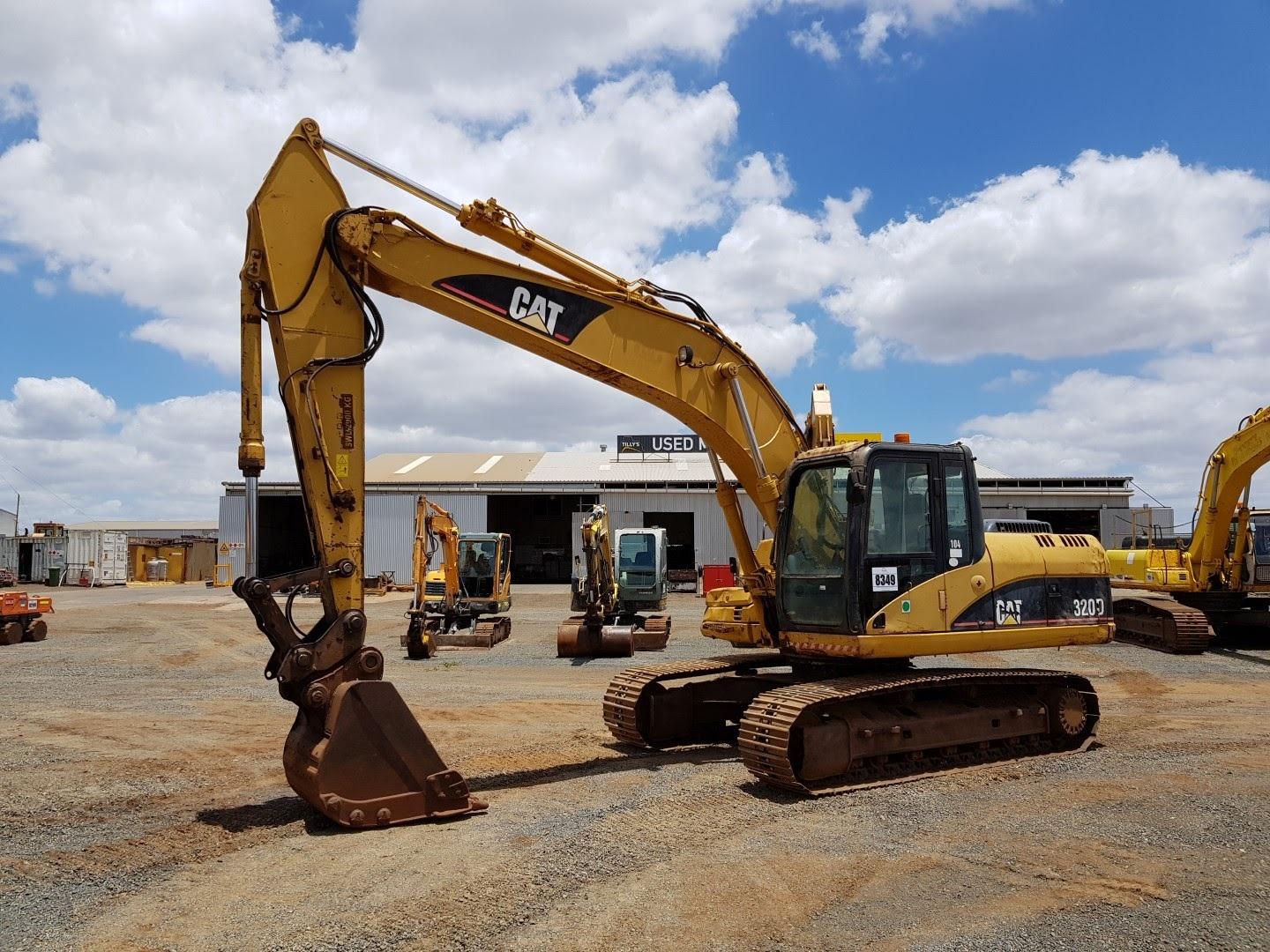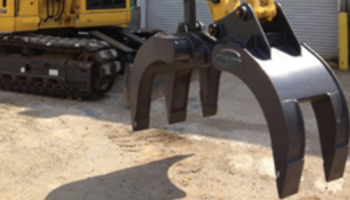Investing in heavy machinery like excavators is a significant decision for any construction business. One crucial factor to consider is whether an excavator will hold its value over time. Understanding the factors that influence the resale value of an excavator can help you make informed decisions and maximize your investment. This blog will explore the aspects that affect the value retention of excavators and provide insights on how to maintain and enhance their worth.
Factors Influencing Excavator Resale Value
Several factors determine how well an excavator retains its value over time. These include the brand, age, condition, maintenance history, and market demand. By considering these factors, you can better understand the potential resale value of an excavator for sale.
Brand Reputation
The brand of an excavator plays a significant role in its resale value. Well-known brands like John Deere, Caterpillar, and Komatsu are often associated with quality, reliability, and performance. These brands typically hold their value better than lesser-known or generic brands. Buyers are willing to pay a premium for reputable brands due to their proven track record and widespread availability of parts and service.
Age and Usage
The age and usage of an excavator are critical factors in determining its resale value. Generally, newer excavators with fewer hours of operation will retain their value better than older, heavily used machines. Buyers prefer newer models because they are likely to have fewer issues, better technology, and longer remaining lifespans.
Maintenance and Service History
An excavator with a well-documented maintenance and service history will hold its value better than one without such records. Regular maintenance, timely repairs, and adherence to the manufacturer’s service schedule are indicators of a well-cared-for machine. Detailed maintenance records provide potential buyers with confidence in the excavator’s condition and reliability.
Market Demand
The demand for specific types of excavators can fluctuate based on industry trends, economic conditions, and technological advancements. Excavators that are in high demand or have unique features may retain their value better. Conversely, if there is an oversupply of a particular model or if newer, more advanced models become available, the resale value of older excavators may decline.
Technology and Features
Excavators with advanced technology and features, such as GPS, telematics, and automated controls, tend to hold their value better. These features enhance the machine’s efficiency, safety, and ease of operation, making them more attractive to buyers. Staying updated with technological advancements and choosing models with modern features can positively impact an excavator’s resale value.
Tips to Maintain Excavator Value
Maintaining the value of an excavator requires proactive measures and attention to detail. Here are some tips to help ensure your excavator holds its value over time.
Regular Maintenance
Consistent maintenance is crucial for preserving an excavator’s value. Follow the manufacturer’s recommended maintenance schedule, including oil changes, filter replacements, and inspections. Regularly check and lubricate moving parts, and promptly address any issues to prevent further damage.
Keep Detailed Records
Maintain comprehensive records of all maintenance and repairs performed on the excavator. Include dates, descriptions of work done, and receipts for parts and services. These records demonstrate that the machine has been well-maintained and can significantly enhance its resale value.
Use Genuine Parts
When replacing parts or performing repairs, use genuine parts from the manufacturer. Genuine parts are specifically designed for your excavator and ensure optimal performance and longevity. They also reassure potential buyers that the machine has been maintained to the highest standards.
Clean and Store Properly
Regularly clean the excavator to remove dirt, debris, and corrosive substances. Proper cleaning helps prevent rust and wear, preserving the machine’s appearance and functionality. Store the excavator in a dry, sheltered location when not in use to protect it from the elements.
Avoid Overloading and Misuse
Operate the excavator within its specified limits and avoid overloading or using it for tasks it was not designed for. Overloading and misuse can cause excessive wear and damage, reducing the machine’s lifespan and resale value. Train operators to use the excavator correctly and follow safety guidelines.
Conclusion
Excavators can hold their value well if they are properly maintained and managed. Factors such as brand reputation, age, usage, maintenance history, market demand, and technological features all play a role in determining an excavator’s resale value. By following best practices for maintenance, using genuine parts, and keeping detailed records, you can ensure that your excavator retains its value over time. When looking for an excavator for sale, consider these factors to make a wise investment that will pay off in the long run. Proper care and attention to detail will help you maximize the return on your investment and ensure that your excavator remains a valuable asset for years to come.





